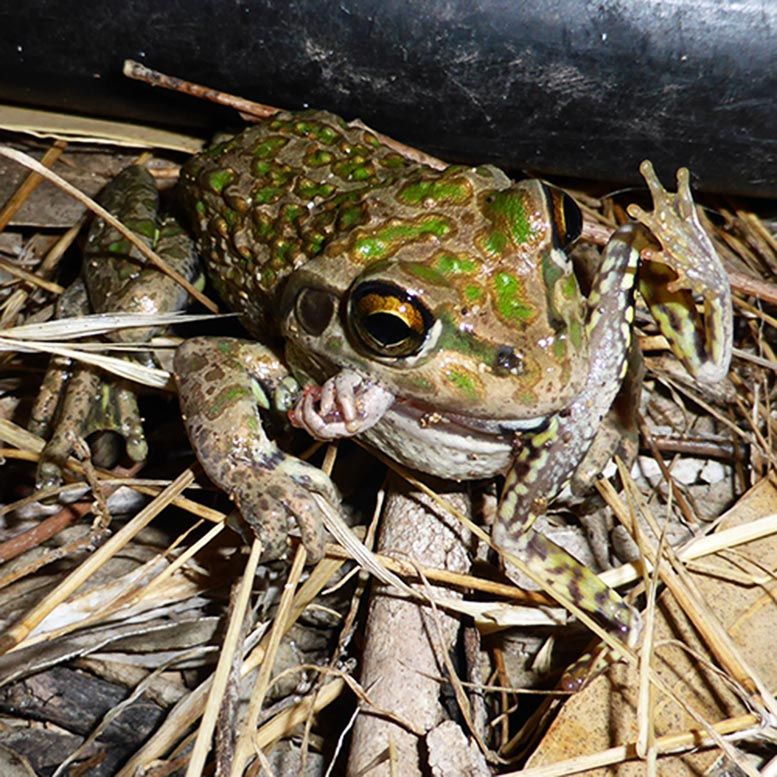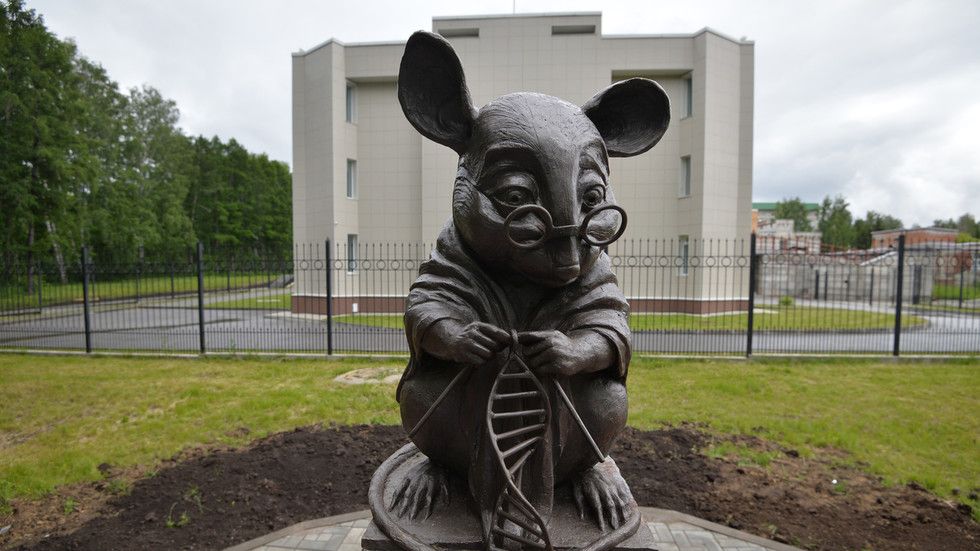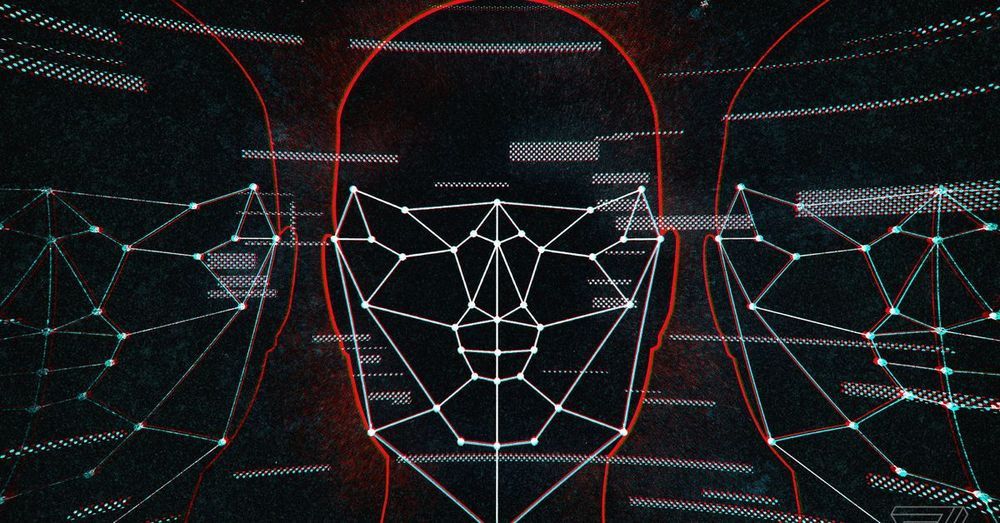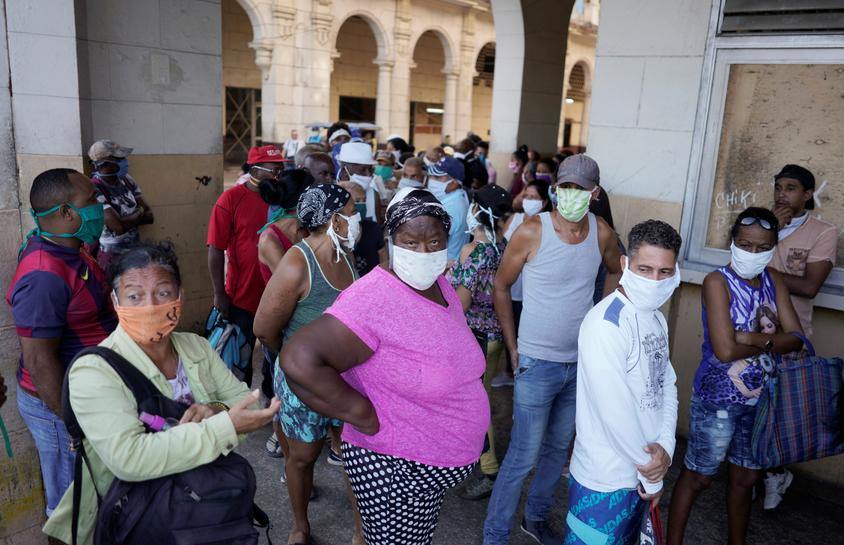DARPA, Biotech, and Human Enhancement — ideaXme — Dr. Eric Van Gieson — Biological Technologies Office (BTO) Epigenetic CHaracterization and Observation (ECHO) Program — Ira Pastor
Posted in aging, bioengineering, biotech/medical, defense, DNA, genetics, government, health, life extension, military | Leave a Comment on DARPA, Biotech, and Human Enhancement — ideaXme — Dr. Eric Van Gieson — Biological Technologies Office (BTO) Epigenetic CHaracterization and Observation (ECHO) Program — Ira Pastor







